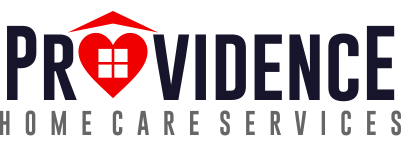
Speech therapy is treatment for problems with speaking, language, and swallowing. It is given by a speech therapist, also called a speech-language pathologist. Speech therapy helps with using the voice properly and using the muscles to make the right sounds. It helps people understand language and express themselves. Speech therapy can also help a person learn to swallow again after a stroke or brain injury.
What is Speech Therapy?
Speech therapy, or speech and language therapy, is treatment for problems with speaking, language, and swallowing. A person who gives this treatment is called a speech therapist or speech-language pathologist.
Speech therapy helps with the following problems:
- Speech problems. These are problems with making the right sound, using the voice fully, and not straining.
- Language and communication problems. These are problems with understanding language, expressing thoughts, or responding in a social situation.
- Swallowing and feeding problems. These are problems with using the muscles in the mouth and throat to swallow.


Duties & Responsibilities.
Our Speech Therapist’s responsibilities includes performing patient assessments, developing individual treatment plans, liaising with teachers, family members, and other healthcare professionals, administering therapy, monitoring progress, ensuring patients and their families are informed of new treatments with therapy techniques. Also be able to work with patients from different backgrounds and be willing to make house calls.
Your Speech Therapist will be passionate about social and biological science, language, and human anatomy. Our exceptional Speech Therapists are caring, adaptable, and able to use available resources to find solutions.
- Assessing, diagnosing, screening, and preventing language, speech, and swallowing disorders.
- Communicating with the patient, and liaising with their family members, physicians, and teachers to design effective treatment plans.
- Using tried and tested therapies in combination with new, innovative techniques to provide the best care.
- Keeping up-to-date with advancements in the field by attending conferences, conducting research, and expanding professional and academic networks.
- Educating patients and their families on speech disorders and available therapies.
- Taking detailed notes on patient history and progress.
- Providing mentoring and workshops to speech therapy students.
- Evaluating patient progress and implementing changes to therapy programs as required.
